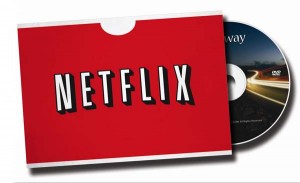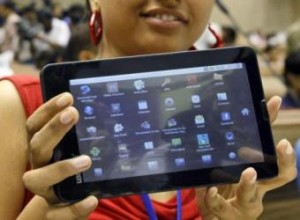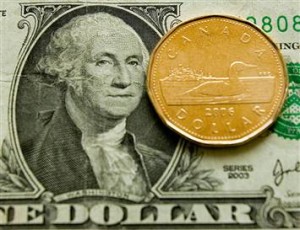In this age of web-based technological innovations, increasingly complex methods of production and styles of organization, it may seem difficult to distinguish specific examples of entrepreneurship. Nonetheless, entrepreneurs have been introducing various methods since the times of Adam Smith, from the mechanization of the Industrial Revolution to our Information Revolution today. Car manufacturing can be considered the atypical form of heavy industry; structured, efficient, and constantly improving. Yet all this began with Henry Ford and his Ford Motor Company. True to Schumpeter’s definition of entrepreneurship, Ford introduced the moving assembly line into his factories, creating an enormous increase in production. Aimed towards the often ignored market of common farmers and workers, he reaped in massive profits as his sales increased exponentially year through year. Despite its ultimate success, this entire enterprise was not without risk, as Ford himself had to convince investors to fund his initial operations.
Picture: http://autodesign-blog.com/tag/model-t/








